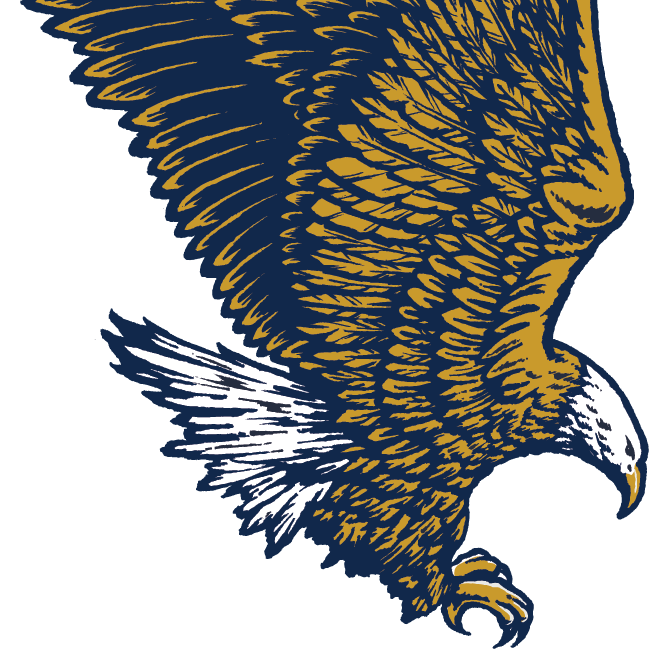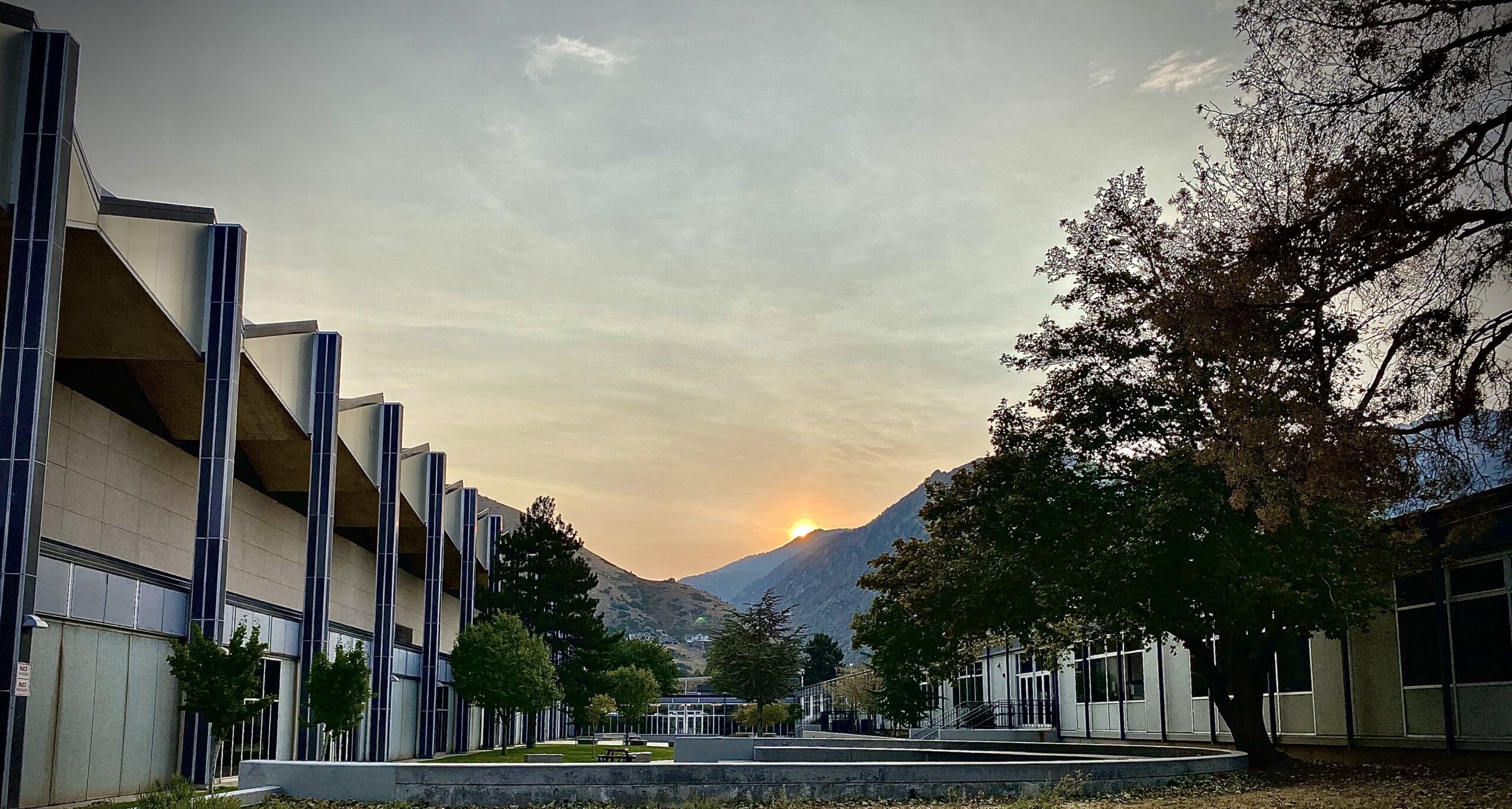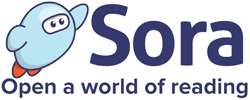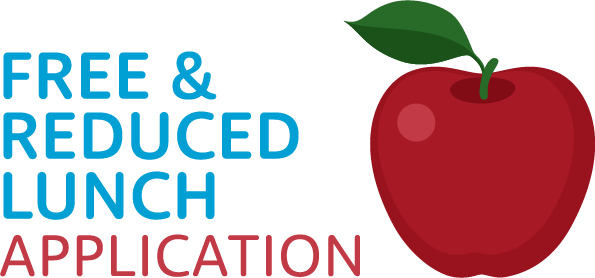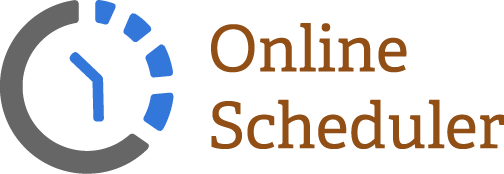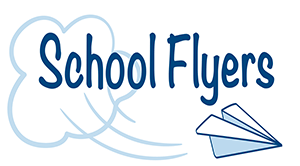SERVICE LEARNING SCHOLARS’ AWARD PROGRAM
Adviser: Angela Folsom
Scholarship Program Application | Service Learning Scholar Yearly Agenda
“The Service Learning Scholar Program is designed for students who want to combine academics with service learning. They are students who have an awareness of their civic duty and crave moral challenges. Furthermore, for students who are, or want to become, actively involved in their education and their communities. Personal and academic knowledge deepens as students critically reflect on their civic participation in a society of great strengths and vulnerabilities… Students are supported in applying their academic knowledge to real community concerns and in developing leadership and organizational skills useful for future civic involvement… to alleviate suffering and confront injustice… (and) strive to impact our communities for the better.”
Service Learning Scholars’ Program, Bennion Center, University of Utah
By relating intimately and warmly with other people… we feel creative and productive, and from these two things we feel worthy.”
-Lowell Bennion
We learn by neither thinking nor doing; we learn by thinking about what we are doing.
-George Stoddard
I don’t know what your destiny will be, but the one thing I know; the only ones among you who will really by happy are those who will have sought and found a way to serve.
-Albert Schweitzer
I didn’t truly enjoy my high school experience until I gave of my time and got full heartily involved in my service, realizing I benefitted more than the people I served.
-Katie Jensen, 2009-10 Service Scholar
SERVICE LEARNING SCHOLARS’ AWARD PROGRAM
SKYLINE HIGH SCHOOL
While the Service Learning Scholar’s Program will interact and coordinate with the Community of Caring program, the Service Learning Scholar’s Program will be a separate entity.
REQUIREMENTS:
Completed application including parent signature acknowledging fee as a senior is non-refundable.
170 hours of school/neighborhood/community/world service completed over the course of 1-3 years, including the 50 hour internship and Integrative Service Project (ISP). Students may begin accruing hours towards the award at the beginning of their sophomore year. Service will be documented in a typed-written reflective journal portfolio.
50 hour internship must be completed on site with a non-profit agency. Portfolio must include verification document on signed letterhead from agency.
3 significant academic papers focusing on school, community or internship service and ISP.
An Integrative Service Project (ISP) requiring 20-30 hours to be executed during or after the completion of 150 hours of documented service. Scholars must include a verification document from organization receiving donation or benefits from ISP.
Mandatory lunch meetings with Service Learning Scholar advisor and directors during senior year.
Scholars must maintain at least a B- (2.7) overall GPA
This is an award not a scholarship! Every person who completes the requirements will receive the award.
BENEFITS:
– A structured opportunity to make a difference in the community, neighborhood, school.
– -Students are able to have an active learning experience.
– -Identifying a problem in the community and learning how to work towards a solution through community service.
RECOGNITION:
Service Learning Scholar seal on diploma
Silver cord of distinction worn at graduation
Service Scholar Yearbook Page
Service Scholar Banquet/ Trophy
170 HOURS OF SERVICE:
Each scholar must perform a minimum of 170 hours of community service which is to be documented in a reflective service journal portfolio. The journal is to be turned in to the service learning advisor as per schedule.
Criteria for Service Hours:
- Service hours must meet a recognized community need through a non-profit agency, or through the Community of Caring program or provide service to the Skyline High community. Hours assisting a neighbor by tending, shoveling snow, raking or any other activity will not count toward this award. Service hours will not be given for donating used clothing or other items to agencies.
- Service activities may include, but are not limited to, direct service, indirect service, advocacy, public policy development, community organizing or other activities that meet recognizable community needs. Service hours benefitting family members, religious organizations, or political parties will not count toward the requirements of this program. Eagle projects do not count towards this program.
- Service must be performed without an hourly wage, grade or course compensation.
- Service must be documented in a service journal portfolio in which students reflect on their service and what has been learned from the experience. Portfolio pages must be at least 8.5 x 11.5 inches. Portfolio must include index of service hours divided into categories. Topics for journal reflection are included in this packet. Students must journal appropriate amounts for service completed. Internship journaling must be at least 5 pages in length.
CHECKLIST FOR PORTFOLIOS:
-Index including site of service and hours completed
-Division of hours by school, neighborhood, internship, ISP
-Journaling must be completed on all hours. Journaling at one place can be combined into one entry with dates included.
-Internship journaling must be at least 5 pages, double-spaced in length
-Journaling on ISP is done in 3rd Academic paper
-Verification letters for Internship and ISP
SERVICE SCHOLAR HOURS BREAK-DOWN:
50 Service hours performed through involvement with student groups or organizations at Skyline High School that benefit the school.
-Seminary council hours or any hours benefitting a religious organization will not be counted
-Sports team members may count only game time, practice hours are not considered service hours.
-Debate, journalism, musical groups may only count time performing outside of class time, no practice time will be counted
-SBOs, class officers can count time outside of regular school hours only.
50 Service hours performed within the student’s neighborhood or larger Salt Lake community
50 Service hours performed within the SLC community, Utah, national or international communities.
Students must intern 50 hours at one non-profit agency in Utah or world community. Students must physically volunteer at this agency. Students are not allowed to make items at home to donate to site for their internship. Students must include a signed verification document on agency letterhead listing number or hours and type of service rendered to agency.
20 Integrative Service Project
DOCUMENTATION OF 170 HOURS:
Documentation of service hours serves two functions. First, the journal portfolio serves as an official record of the service performed. Second, the portfolio serves as a medium for reflection about the learning gained through the service. Scholars will turn in their portfolios January of their senior year. The service learning advisor will exam portfolios and make a recommendation for the candidate’s acceptance as a service scholar.
INTEGRATIVE SERVICE PROJECT:
The ISP is a way for the scholar to use the knowledge and experience gained from their service to plan and carry out an activity benefitting an agency or group of people. Scholars must submit a proposal to Ms. Daily before they begin their ISP. The ISP can be executed during or after the completion of the 150 service hours. The project must be designed so as to integrate the learning acquired during the hours of service with the design and implementation of a project focusing on a specific community need. Although, students can join with other scholars to plan and implement project, students must spend individual time of at least 20 hours on the ISP. Scholars must involve a group of students or other individuals to carry out project. Scholars will use Academic Paper #3 to reflect on project’s effectuation.
3 ACADEMIC PAPERS:
Scholars must complete three academic papers. These papers will focus on specific dimensions of the service that has been performed by the student. The papers will be used to broaden the Service Learning Scholars’ understanding of the various communities in which he or she lives, the effect of his or her personal service to these communities, and the people making a difference in these communities. The academic papers seek to complement and focus on the different areas of service in which the scholar will be volunteering i.e. high school, level, neighborhood and broader community level. Papers are part of portfolio and are due per schedule.
CRITERIA FOR PAPERS:
- The first paper will focus on community service at the high school level. This paper requires the student to interview someone within the high school community who is engaged in some aspect of community service, i.e. a teacher, peer, coach or administrative official. The scholar may not interview someone they are related to. During the interview the student may want to ask the interviewee about the type of service he or she performs, how that service effects the community, why they engage in community service, and what they have learned through community service. The student will then write a paper in essay form base on this interview. Paper must be at least two pages in length, double-spaced, 12 point font.
- This paper requires that the student interview the coordinator or supervisor with whom they work at their internship site. This paper is not where the student reflects about their own internship experience but rather where they interview a supervisor or internship coordinator and write up that interview in essay form. Students may not interview a relative. As with the first paper, the student will ask the interviewee about his or her motivation for service, the type of service they perform, what they have accomplished through service, and what they have learned. The student will write a two-page paper, double-spaced, 12 inch font.
- The third paper will serve to officially document the students Integrative Service Project (ISP). The paper would include a description of the project, the student’s motivation for organizing his or her specific project, successes or failures encountered in the actual implementation of the project and what the student has learned from the project. Paper must be at least two pages in length, double-spaced, 12 inch font.
